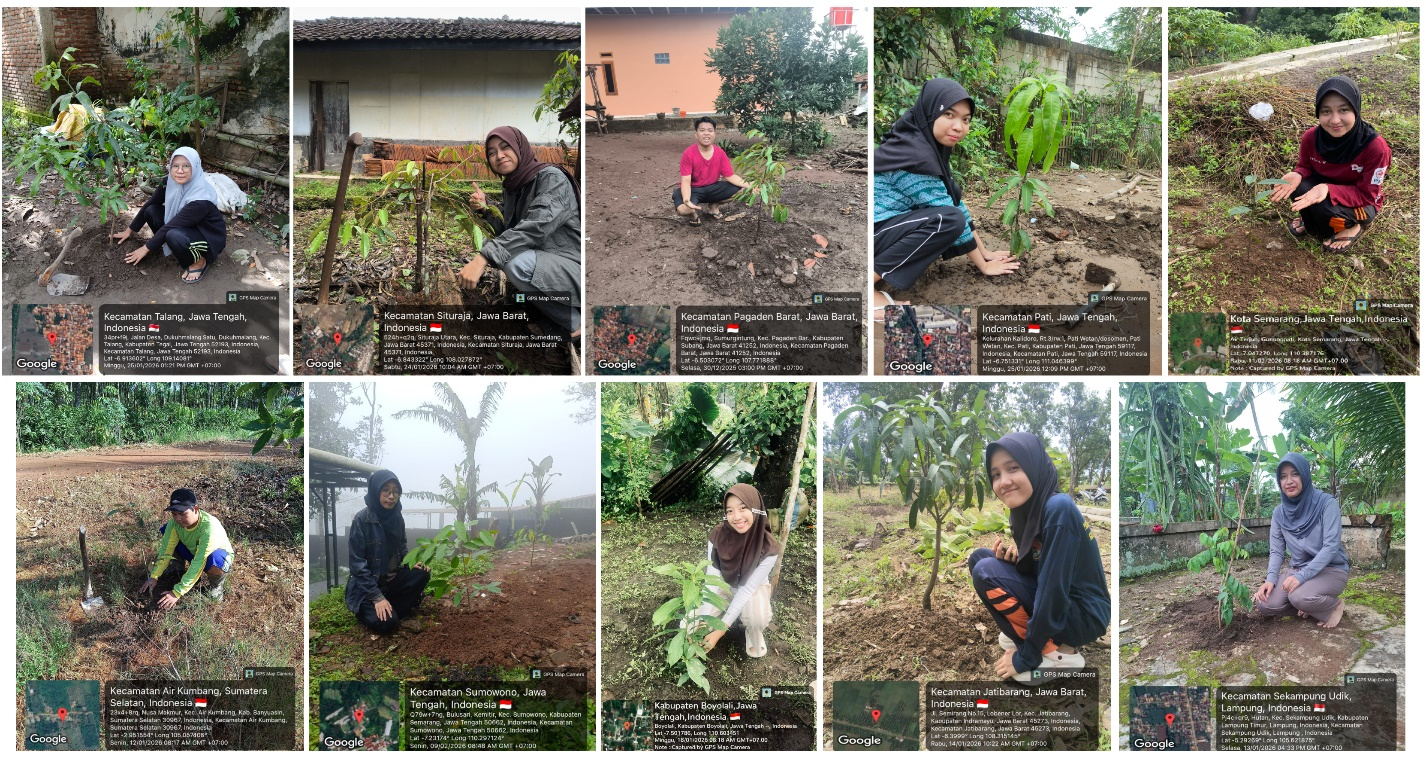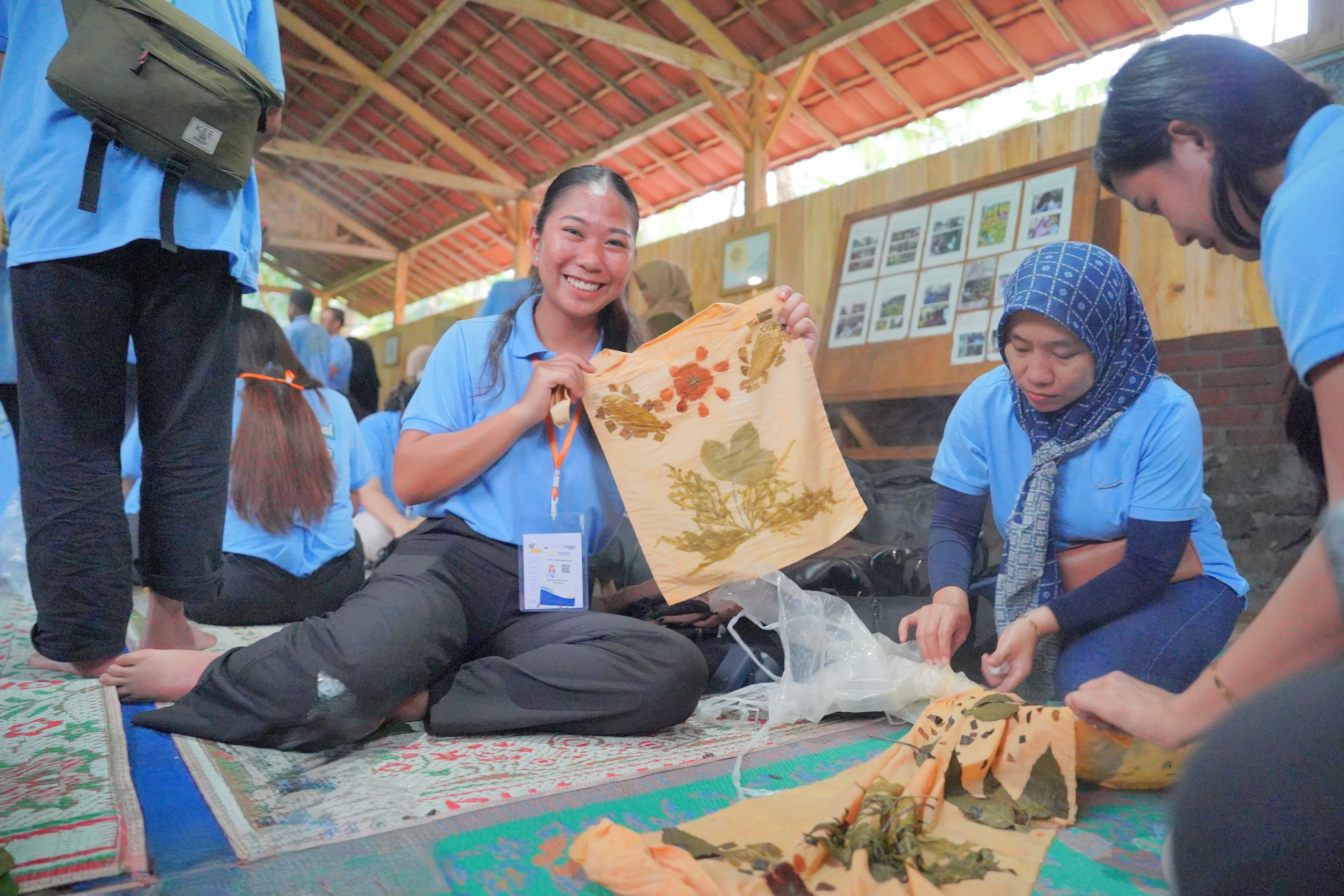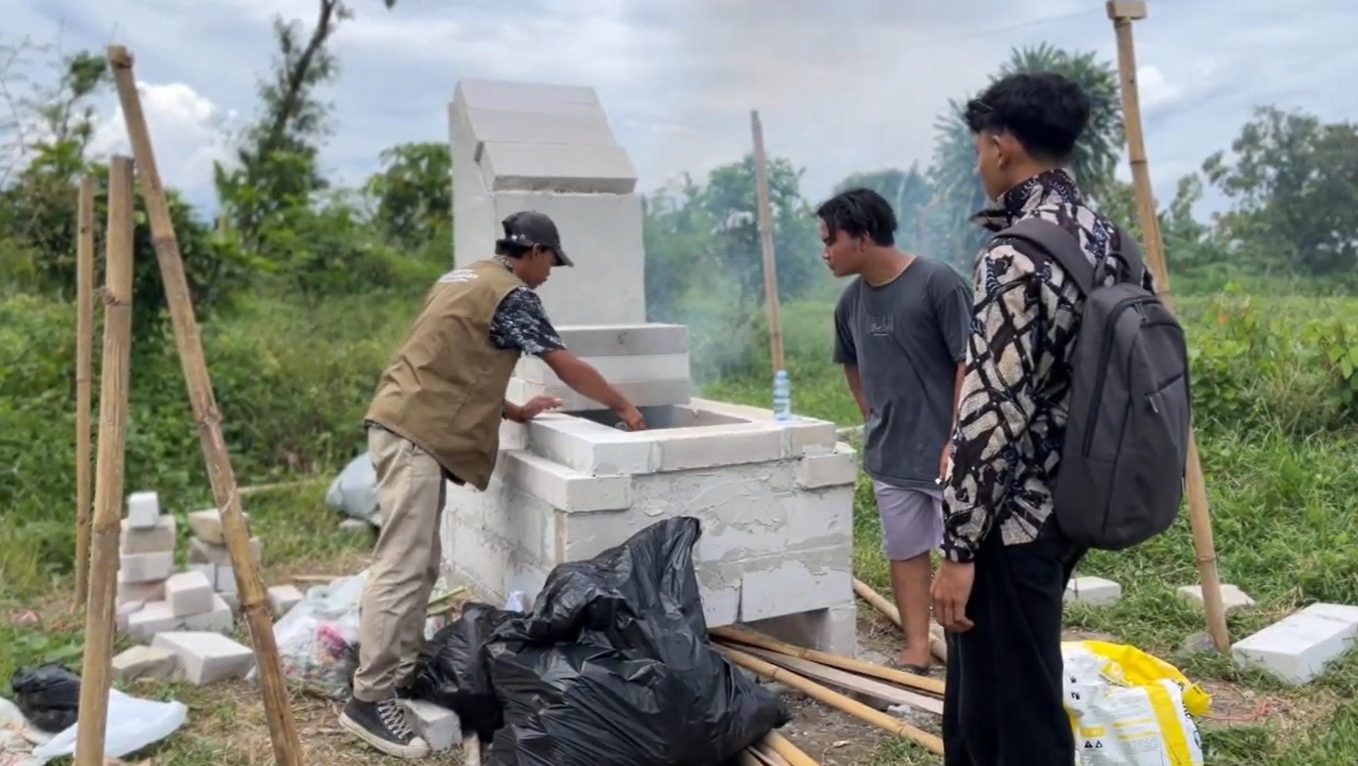
Permintaan dunia akan energi kini meningkat pesat karena adanya produksi kendaraan yang terus menerus dan perkembangan industri yang masif. Hal ini menyebabkan eksploitasi sumber bahan bakar fosil menjadi sangat berlebihan. Selain itu, pembakaran bahan bakar fosil juga meningkatkan dampak buruk terhadap lingkungan terkait dengan fenomena pemanasan global. Di sisi lain, proses industri di bidang pertanian akan selalu menghasilkan limbah yang jika dibuang langsung dapat mengancam komponen biotik dan abiotik dalam ekosistem. Untuk mengatasi permasalahan energi serta permasalahan limbah agro-industri, produksi sumber energi bersih dan terbarukan seperti biofuel dengan memanfaatkan limbah industri sebagai bahan baku dapat dijadikan sebagai solusi.
Beberapa limbah agro-industri mengandung lipid dalam jumlah yang melimpah. Jenis limbah ini dapat menimbulkan masalah pada lingkungan karena kandungan lipid tersebut mengganggu proses pengolahan dan pengelolaan limbah. Proses biologis dalam pengolahan limbah sangat dipengaruhi oleh konsentrasi minyak dan lemak, terutama karena adanya pembentukan lapisan yang menutupi permukaan air limbah. Lapisan minyak dan lemak tersebut dapat menurunkan kecepatan transfer oksigen pada proses pengolahan aerobik (Prasad & Manjunath, 2011). Oleh karena itu, pembuangan lipid berupa minyak dan lemak dalam air limbah sangat penting. Metode fisik dan kimiawi yang umum untuk menghilangkan minyak dan lemak yang saat ini digunakan tidak memadai, mahal, dan dapat menyebabkan pencemaran lingkungan. Sebagai alternatif hijau, konversi limbah kaya lipid menjadi biofuel dengan menerapkan sel mikroba penghasil lipase sebagai sarana pengolahan limbah dan valorisasi dapat diterapkan (Alves et al., 2019; Basheer et al., 2011; Creencia et al. ., 2014; Mongkolthanaruk & Dharmsthiti, 2002; Prasad & Manjunath, 2011; Sarac & Ugur, 2015; Tsuji dkk., 2013; Tzirita dkk., 2018).
Aplikasi biokatalis berupa enzim lipase dengan hidrolisis selektif, esterifikasi, dan reaksi transesterifikasi sangat menjanjikan dalam pengolahan limbah berminyak. Aktivitas katalitik lipase dapat membantu dalam sintesis biodiesel, asam lemak fungsional, lipid struktural, ester asam lemak, peptida, dan polimer. Penggunaan enzim lipase sel utuh dalam bioaplikasi untuk menggantikan katalis kimia memiliki manfaat lebih ramah lingkungan dan lebih aman (Amini et al., 2017; Liu et al., 2014; Matinja et al., 2019; Vargas et al. , 2018). Mikroorganisme penghasil lipase sangat mudah ditemukan dan sangat berlimpah di habitat tanah, air, atau limbah yang terkontaminasi minyak atau lemak. Mereka sering terlibat dalam biodegradasi alami bahan organik di habitatnya, dalam bentuk sistem komunitas mikroba, melalui jalur metabolisme tertentu dengan mengeluarkan lipase ekstraseluler dan terikat membran. Oleh karena itu, substrat berminyak dapat diubah menjadi produk dengan berat molekul rendah untuk mendukung pertumbuhan dan perkembangan sel. Mikroorganisme penghasil lipase ini dapat diisolasi dan dapat dipelihara dalam kondisi terkontrol di laboratorium. Kinerja produksi lipase mereka juga dapat ditingkatkan dengan optimalisasi menggunakan multi parameter, termasuk nutrisi dan kondisi lingkungan tertentu. Dalam hal ini, identifikasi kondisi untuk meningkatkan produksi lipase menggunakan limbah minyak yang tersedia dengan harga murah dan karakterisasi lipase selalu menjadi topik penelitian yang penting (Navvabi et al., 2018).
Berita ini telah dipublikasikan di https://mipa.unnes.ac.id/v3/2021/04/pemanfaatan-limbah-agro-industri-kaya-lipid-sebagai-alternatif-pengolahan-dan-valorisasi-limbah-untuk-produksi-bahan-bakar-terbarukan-berkelanjutan/ pada tanggal 2 April 2021



